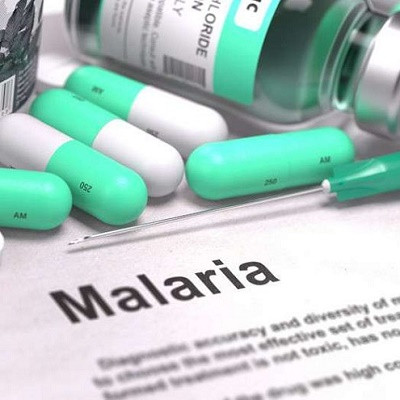
2020-09-10
Visited : 1690
Researchers at the National Cancer Center have proved that a porous nanoball loaded with hydroxychloroquine, a malaria treatment, can maximize radiotherapy's effectiveness.
An action called autophagy has been suggested as to why cancer cells do not die even when exposed to radiation. Cancer cells can withstand radiation without dying, supplying nutrients by themselves by decomposing proteins remaining in the cells as a cancer cell starts the autophagy process as a defense mechanism against stress applied to during treatment.
While various studies have found that hydroxychloroquine inhibits autophagy of these cancer cells, currently, only a small amount of the hydroxychloroquine administered to cancer patients arrives at the cancer cells, making the efficacy of the treatment insignificant than expected. An increase in hydroxychloroquine dose could not remain viable as it resulted in several side effects, including thrombocytopenia.
To resolve this issue, the team, led by Professors Choi Yong-du and Jung Hee-sun, devised a method to minimize side effects while effectively delivering drugs to cancer cells using nanotechnology.
Through a cell experiment, the researchers confirmed that by mounting hydroxychloroquine on a porous nanoball, they delivered about 200 times as much hydroxychloroquine to cancer cells as the conventional administration method did.
An additional animal experiment also revealed that the treatment effect was twice as high when combining hydroxychloroquine nanoballs and radiotherapy compared to radiation therapy alone. There were also no side effects on normal tissues.
"Since autophagy is a major mechanism for resistance to radiotherapy and chemotherapy, this study is of great significance in that it opens the possibility of increasing the sensitivity and effectiveness of conventional radiotherapy and chemotherapy by blocking autophagy of cancer cells," Professor Choi said.
Read the original article on Korea Biomed Review.